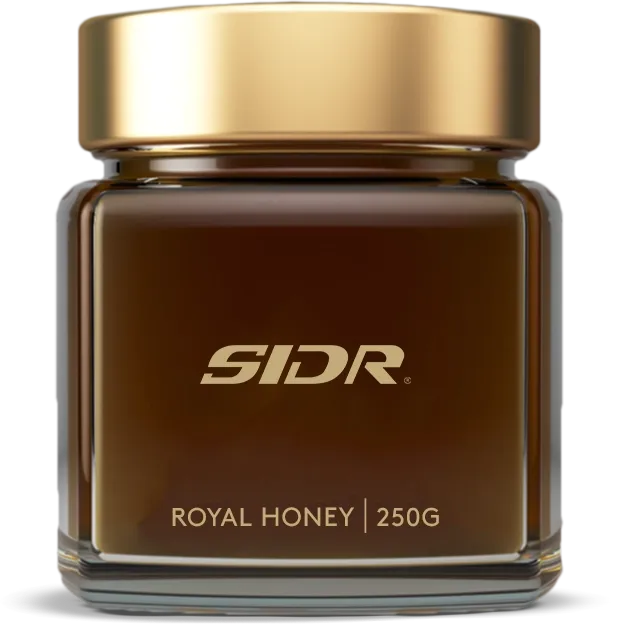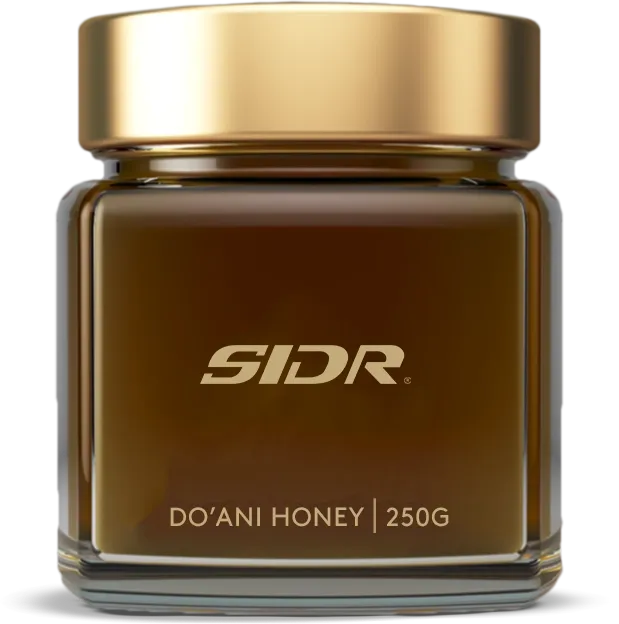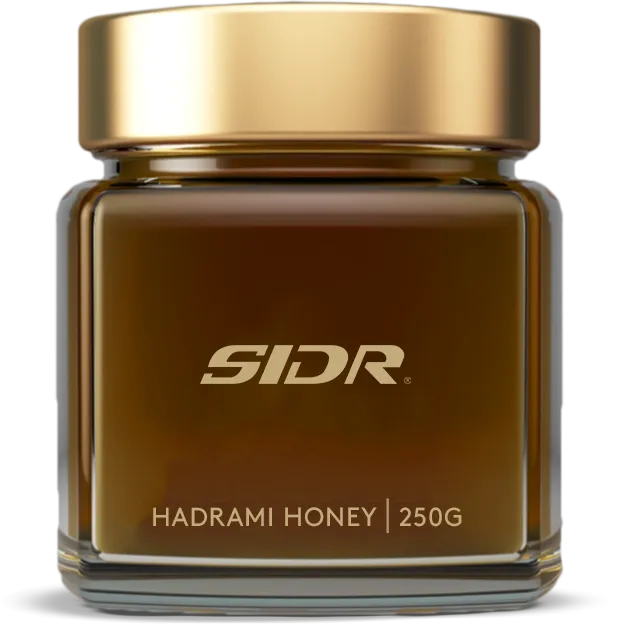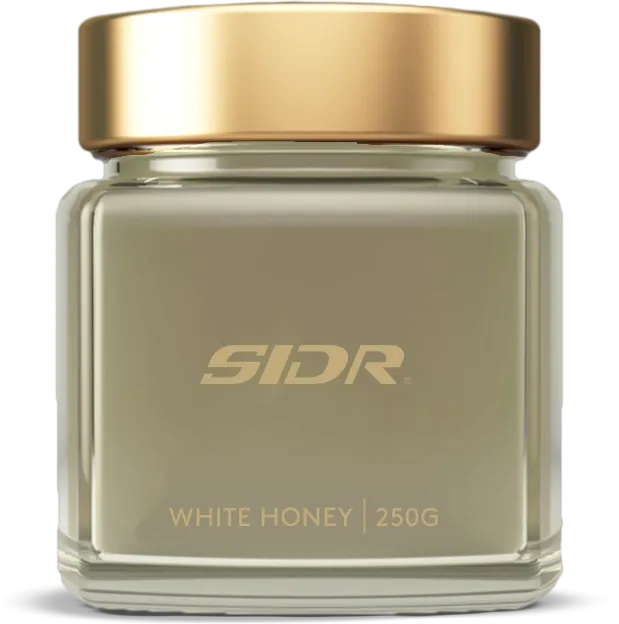Is raw honey more nutritious than processed or filtered honey?
Views: 820While there is no official U.S. federal definition of “raw” honey, it generally refers to honey that has not undergone heating or filtering processes. Claims often circulate suggesting that Raw Honey is superior in nutrition due to its potential inclusion of small pollen grains, which are commonly removed during processing or filtering.
It's important to note that honey is primarily produced by honey bees from the nectar of plants, not pollen. Pollen is incidentally found in honey, but in minuscule amounts that do not significantly impact its nutrient value.
For instance, a 2004 study conducted by the Australian government found that the percentage of dry weight canola pollen in 32 Australian canola honey samples ranged from 0.15% to 0.433%.
Moreover, a comprehensive 2012 study by the National Honey Board examined the vitamin, mineral, and antioxidant levels in both raw and processed honey. The findings revealed that while processing does reduce the pollen content of honey, it does not affect its overall nutrient content or antioxidant activity.
This conclusion was drawn after rigorous statistical analysis and was presented at the Federation of American Societies for Experimental Biology (FASEB) Conference in Boston, April 20–24, 2013.
In summary, while Raw Honey may contain traces of pollen due to its minimal processing, its nutritional superiority over processed honey remains unsubstantiated by scientific evidence.
you may also try
didn’t get the answer you were looking for?
contact us


